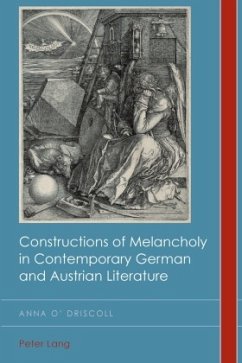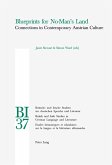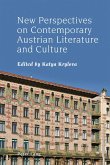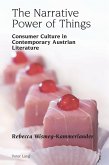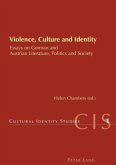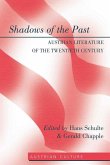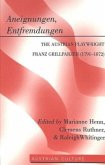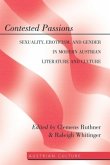Melancholy has become a central theme of German literature since the fall of the Berlin Wall in 1989. The rapidly changing sociopolitical circumstances of the post-1989 period and the continued burden of the Nazi past have directly contributed to this upsurge in melancholy themes. This book traces the complex discourse of melancholy in contemporary literature in the work of Monika Maron, Christoph Hein, Arno Geiger and Alois Hotschnig. Focusing on key concepts of melancholy - time, transience, historical dislocation and posthistoire - the author's readings reveal the close connection between the body and melancholy from ageing to our gendered relationships with history. This study also emphasizes the relevance of melancholy for current theoretical issues in German Studies, including Heimat discourse, genealogy and transgenerational memory, and postmemory.
Bitte wählen Sie Ihr Anliegen aus.
Rechnungen
Retourenschein anfordern
Bestellstatus
Storno

